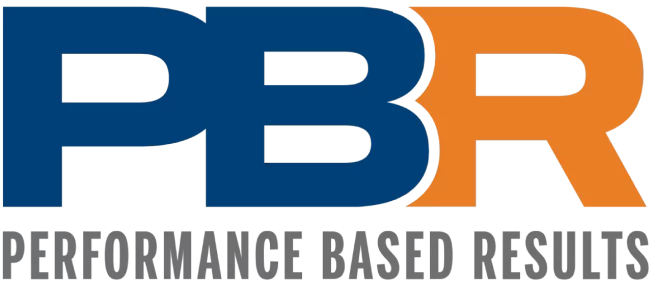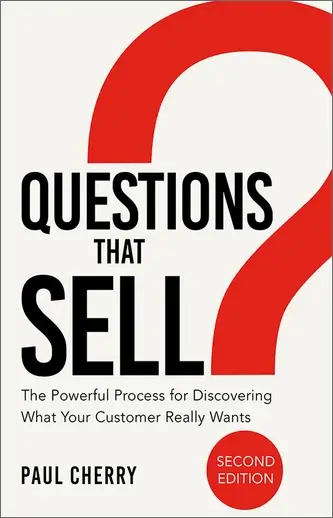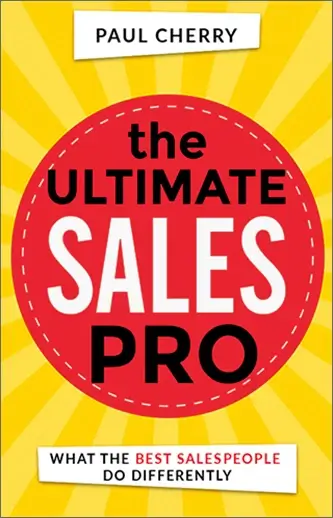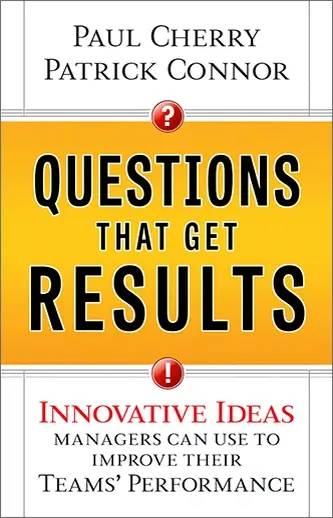Here is a question I recently received from a worried salesperson:
“Paul, I have a problem. Four years ago, when I started in this position, my sales cycles were pretty short. I was often able to get a customer to sign a contract within one to two months of our first meeting. These days, it can take four to six months to finalize a contract!
As far as I can tell, I am not doing anything different. Customers just seem more reluctant to commit these days. They push off making a decision for a “few weeks” and before I know it, a quarter has passed. What can I do to shorten my sales cycles?”
Despite the popular idea that salespeople are all pushy and ruthless, most salespeople are like this salesperson: courteous and accommodating. If a customer tells you to call her in two weeks, you do it, no questions asked. Unfortunately, that is the problem.
Before you agree to call back “in a few weeks,” you need to find out why the customer needs more time. If the customer’s reasons are vague, ask more questions until you get a specific answer. Once the reasons are explicit, you can begin to create mutual accountability.
Accountability is important because it means that both parties are required to take action. For example, you might say the following to your customer:
“I can definitely call you in two weeks. So we can avoid playing phone tag, let’s get our calendars out and pencil in a date and time for our follow-up meeting. In the meantime, you mentioned that you will be consulting with your boss to get his thoughts. Where do you think he’s going to see the value? How will you convince him if by chance he doesn’t see this as a priority as you do?
This type of dialogue allows you to get commitment from your customer as to when you will be meeting again (whether on the phone or in person), who else is involved, what resistance might come up and whether your contact is motivated to convince others on your solution.
If your customer has any doubts about doing business with you, now may be the time he or she will bring them up. For example, the customer might say, “During the next meeting we need to talk about budget. We only have $50,000 allocated for this project and what you are proposing is about 30% higher.” This gives you a chance to research less costly alternatives for the project and come to the next meeting prepared, instead of being blindsided by a customer’s demand that you lower your price after you have given your presentation. Getting this potential objection or concern out in the open beforehand is key. It is hard to overcome an objection that is brought up at the last minute. It is impossible to overcome an objection that is never verbalized at all.






